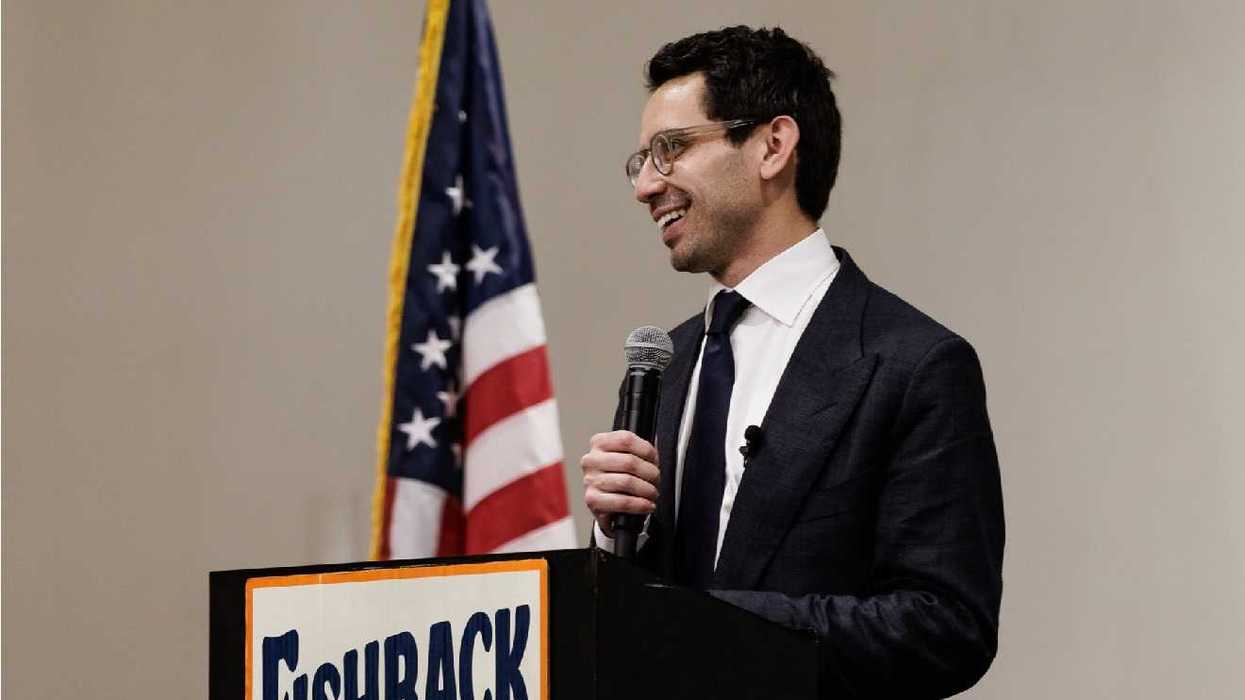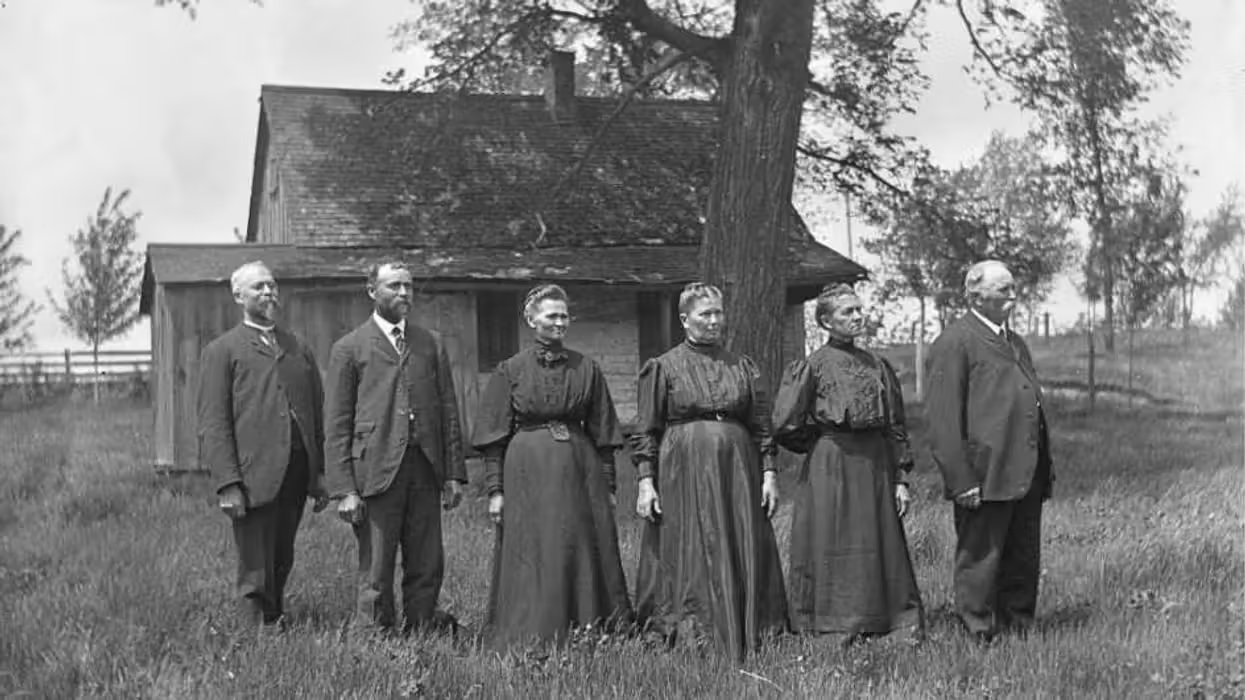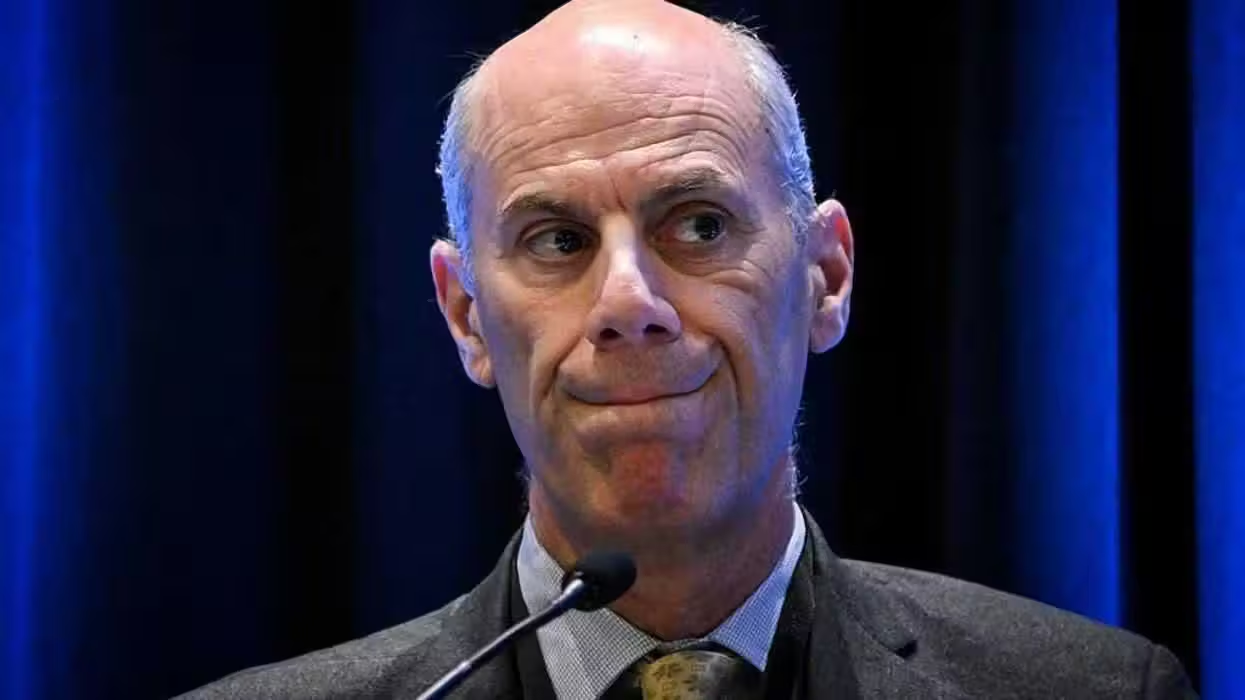The Environmental Protection Agency is considering rolling back ethanol mandates this year. But whatever small changes the federal regulator may make won’t be nearly enough for America’s small businesses.
The Renewable Fuel Standard (RFS) may have been designed to promote cleaner energy, but it has proven loaded with unseen costs for families and businesses inadvertently created more environmental problems than it has solved.
Last week, the National Council of Chain Restaurants - which represents some of the county’s largest employers of entry-level workers - scathingly criticized the EPA and RFS for inflating the price of food, cutting into profit margins and raising prices for consumers. As the council noted, “the corn ethanol mandate has artificially driven up commodity costs by billions of dollars annually, and with it, consumer prices.”
[sharequote align="center"]If lawmakers care about the environment they’ll get corn out of gas tanks & back to the dinner table[/sharequote]
The RFS requires an ever-increasing minimum volume of “renewable fuel,” generally ethanol, to be blended with gasoline, on the premise that diluting gas with alcohol would help to curb greenhouse gas emissions and reduce our dependency on foreign oil. The law requires billions of gallons of ethanol - primarily a product of corn in the United States - and hence reduces the supply of corn available to the food industry.
With up to 40 percent of the nation’s corn crop now being converted to ethanol, demand for corn has artificially skyrocketed, driving up the price of the corn we use for all other purposes. As livestock become more expensive to feed, meat and dairy prices have risen, and the ubiquity of corn syrup and cornstarch in processed foods means that hikes in grocery bills nationwide can be traced back to the RFS-driven, artificial corn shortage. In fact, a Congressional Budget Office analysis found that 20 percent of corn inflation can be attributed to ethanol production.
 This photo taken June 20, 2013, shows a sign advertising no ethanol gasoline available at a station in Oklahoma City. A high blend of ethanol gasoline, E15, which contains 5 percent more ethanol than the 10 percent norm sold at most U.S. gas stations, is sold in just 20 stations in six Midwestern states. (Photo: AP/Sue Ogrocki)
This photo taken June 20, 2013, shows a sign advertising no ethanol gasoline available at a station in Oklahoma City. A high blend of ethanol gasoline, E15, which contains 5 percent more ethanol than the 10 percent norm sold at most U.S. gas stations, is sold in just 20 stations in six Midwestern states. (Photo: AP/Sue Ogrocki)
Ethanol mandates have also come at a steep price to taxpayers, in the form of increased handouts to the already heavily-subsidized agribusiness industry. The federal government is spending billions of dollars it doesn’t have on subsidies for the corn industry, only to see food prices steeply rise and global energy and agriculture markets become distorted.
It’s no surprise that the bipartisan group of legislators opposed to rolling back the mandate is led by senators from Iowa and Illinois, Corn Belt states that have benefitted the most from this market distortion.
But the ethanol mandate isn’t just making it harder for Americans to feed their families - it’s also forcing them to fill their cars with an increasingly weak, inefficient fuel product.
Currently, gasoline contains the most energy of any fuel that can be safely and cost-efficiently combusted in an engine. By comparison, ethanol contains about one-third less energy than gasoline, and when it’s added to gasoline, the resulting product burns less efficiently, producing fewer miles per gallon for drivers despite rising prices at the pump. In fact, researchers at Cornell even found that it takes 70 percent more energy to produce ethanol from corn than that ethanol can create.
 In this Oct. 16, 2013 file photo, Larry Hasheider walks along one of his corn fields on his farm in Okawville, Ill. The ethanol era has proven far more damaging to the environment than politicians promised and much worse than the government admits today. Government mandates to increase ethanol production have helped drive up corn prices leading to marginal land being farmed to produce the crop. (AP Photo/Jeff Roberson, File)
In this Oct. 16, 2013 file photo, Larry Hasheider walks along one of his corn fields on his farm in Okawville, Ill. The ethanol era has proven far more damaging to the environment than politicians promised and much worse than the government admits today. Government mandates to increase ethanol production have helped drive up corn prices leading to marginal land being farmed to produce the crop. (AP Photo/Jeff Roberson, File)
Moreover, as the percentage of ethanol in a gallon of gas increases, it becomes increasingly incompatible with many types of engines. The Environmental Protection Agency deemed E15 - the 15 percent ethanol blend currently being introduced to meet the RFS’ increasing mandate - unfit for vehicles built before 2001, and research has found that this high level of ethanol can wreak havoc on the engines of boats, lawnmowers, and other small motors. As more stations switch to E15, millions of Americans will unknowingly be filling up with corrosive fuel that damages their machinery.
In an ironic twist that adds insult to injury, the RFS also exacerbates the pollution problems that it set out to correct. Ethanol corrodes rubber fuel hoses the same way it breaks down rubber gaskets in engines, causing fuel to leak into lakes and rivers, contaminating drinking water, destroying habitats, and creating fire hazards. The National Academy of Sciences also found that ethanol creates more greenhouse gas emissions than standard gasoline.
Since the invention of the automobile, engineers have searched for cheaper, cleaner, and more efficient ways to power our cars. The market has clearly rejected ethanol as an alternative to gasoline, and by propping it up with the RFS, Washington, D.C. is only worsening hunger problems, smothering small businesses, dumping poison into our waterways, wasting tax dollars, and decreasing fuel efficiency. It’s time to shuck the mandate before it harms us any further.
If lawmakers truly care about the environment, they’ll get the corn out of our gas tanks and back onto the dinner table.
Jason Stverak is President of the Franklin Center for Government and Public Integrity.
–
TheBlaze contributor channel supports an open discourse on a range of views. The opinions expressed in this channel are solely those of each individual author.

 This photo taken June 20, 2013, shows a sign advertising no ethanol gasoline available at a station in Oklahoma City. A high blend of ethanol gasoline, E15, which contains 5 percent more ethanol than the 10 percent norm sold at most U.S. gas stations, is sold in just 20 stations in six Midwestern states. (Photo: AP/Sue Ogrocki)
This photo taken June 20, 2013, shows a sign advertising no ethanol gasoline available at a station in Oklahoma City. A high blend of ethanol gasoline, E15, which contains 5 percent more ethanol than the 10 percent norm sold at most U.S. gas stations, is sold in just 20 stations in six Midwestern states. (Photo: AP/Sue Ogrocki)






